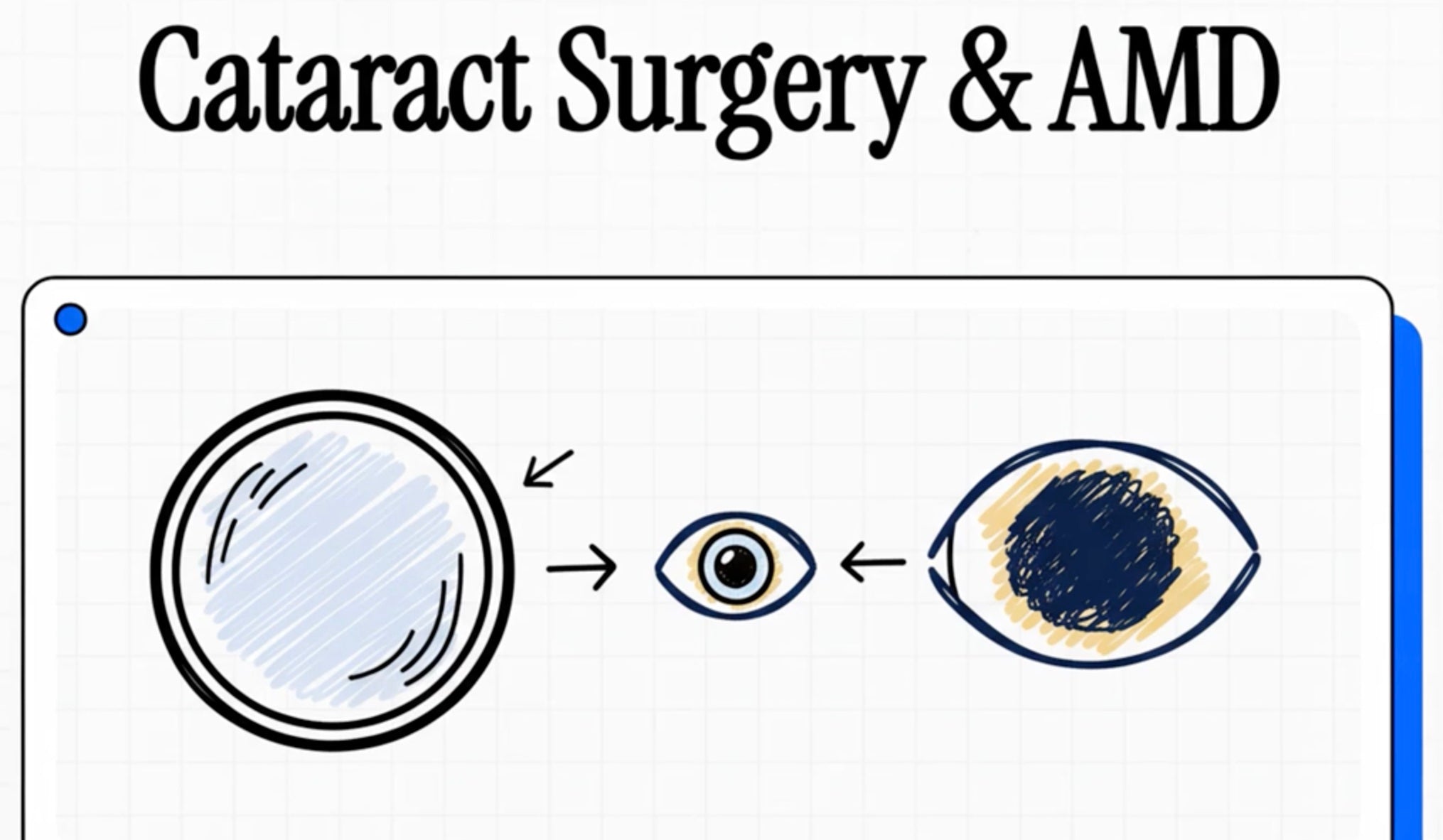💤 The Overlooked Vision Habit: Why Sleep Is Crucial for Eye Health
Meta Description (SEO):
Most people think of diet or screen time when it comes to protecting their eyes — but sleep plays an equally powerful role. Discover how better sleep supports both heart and vision health, and why it matters as you age.
🌙 The Missing Link Between Sleep and Eye Health
We often think about diet, light exposure, and supplements when it comes to eye care. But there’s another habit that quietly supports your vision every night — sleep.
Research, including findings from the Life’s Essential 8 advisory published by the American Heart Association (Lloyd-Jones et al., 2022), identifies sleep as a core factor in cardiovascular wellness. The same biological systems that connect sleep and heart health — improved blood flow, lower inflammation, and better cellular repair — are also vital for eye health.
In other words, the way you sleep can influence how you see.
👁️ How Sleep Nourishes Your Eyes
Your eyes work hard every day — from adjusting to bright screens to focusing on fine details. Quality sleep gives them the chance to recover, rehydrate, and repair.
Here’s how sleep helps your eyes stay healthy:
-
💧 Moisture Balance: Sleep supports the natural tear film that keeps your eyes hydrated. Poor sleep can lead to dryness or blurred vision.
-
🩸 Improved Circulation: Rest enhances blood flow to the tiny vessels that feed the retina, helping deliver oxygen and nutrients where they’re needed most.
-
🧬 Cellular Repair: During deep sleep, your body activates antioxidant and renewal processes that help repair oxidative stress in retinal cells.
-
😴 Reduced Eye Strain: Without adequate rest, your eyes remain fatigued — leading to discomfort and focusing difficulty, especially for those who spend hours on screens.
💔 When Sleep Suffers, So Does Vision
Studies suggest that irregular or insufficient sleep can contribute to systemic inflammation, high blood pressure, and reduced retinal blood flow — all of which may affect long-term vision quality.
Short sleep duration (less than 6 hours) is also linked with oxidative stress and vascular dysfunction, both key contributors to age-related vision changes.
Simply put, chronic sleep deprivation doesn’t just leave you tired — it may also strain your eyes over time.
🧠 The Mind–Body Connection
The Life’s Essential 8 framework from the American Heart Association also highlights the role of mental and emotional well-being in maintaining overall health.
Stress, anxiety, and late-night device use can disrupt sleep cycles and trigger inflammatory responses in the body — including in the eyes.
Creating a calming bedtime routine, managing stress, and setting screen-free time before bed are simple but effective ways to support your sleep and your sight.
🌿 Simple Tips for Restful Nights and Healthier Vision
Building better sleep habits can start tonight. Try these easy adjustments for a visible difference in how your eyes feel:
-
Set a regular sleep schedule. Aim for consistent bed and wake times.
-
Limit blue light before bed. Switch your devices to warm tones after sunset.
-
Keep your room dark and cool. A restful environment signals your body to wind down.
-
Eat for your eyes. Add antioxidant-rich foods like saffron, berries, and spinach.
-
Relax before bed. Calming rituals, herbal teas, or gentle stretching can improve sleep quality.
🌅 Better Sleep, Brighter Vision
Sleep is more than rest — it’s a nightly reset for your entire body, including your eyes.
When you prioritize good sleep, you’re not only supporting your visual clarity but also contributing to better cardiovascular and overall wellness.
And for daily nutritional support, Saffron 2020 provides key antioxidants that complement healthy sleep, helping protect the delicate structures of your eyes against oxidative stress.
Because every morning deserves clear vision.
References
-
Lloyd-Jones DM, et al. Life’s Essential 8: Updating and Enhancing the American Heart Association’s Construct of Cardiovascular Health. Circulation. 2022;146:e18–e43.
-
Persavita Internal Review (2025). The Intertwined Relationship Between Age-Related Macular Degeneration and Cardiovascular Health. Read the blog here...


Leave a comment
This site is protected by hCaptcha and the hCaptcha Privacy Policy and Terms of Service apply.